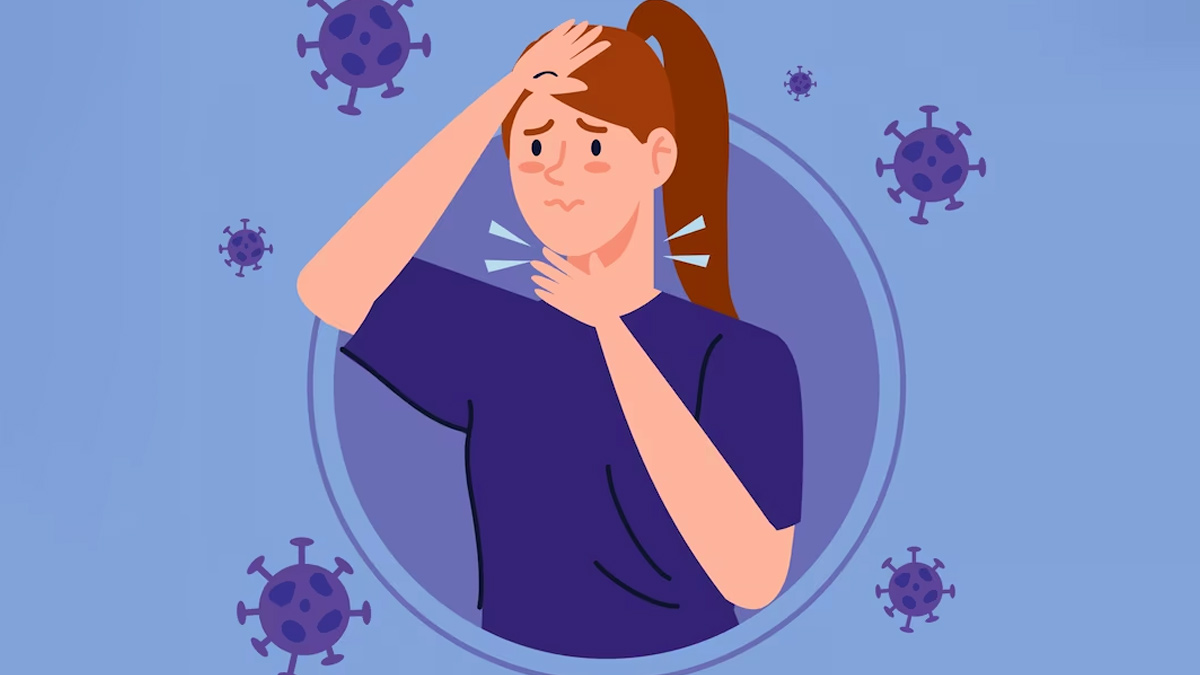
Symptoms and syndromes are two terms that are commonly used in medicine and healthcare. They are both used to describe various health conditions, but there are important differences between the two. We will explore the differences between symptoms and syndromes.
Table of Content:-
Difference Between Symptom And Syndrome
A symptom is a physical or mental feature or characteristic that indicates a medical condition. Symptoms are subjective, meaning that they are experienced differently by different people. For example, a headache is a symptom that can be caused by a variety of conditions, such as dehydration, tension, or a sinus infection. The severity of the headache and the location of the pain may differ from person to person.
On the other hand, a syndrome is a collection of symptoms that are commonly found together and are indicative of a particular condition. Syndromes are typically more objective than symptoms and are often associated with a specific diagnosis. For example, Down syndrome is a genetic condition characterised by a collection of physical and cognitive symptoms, such as short stature, intellectual disability, and a characteristic facial appearance. These symptoms are not unique to Down syndrome, but their presence together is what defines the syndrome.
Also read: Oral Allergy Syndrome: Causes, Symptoms, And Treatment As Per Expert
One way to understand the difference between symptoms and syndromes is to think of them as individual pieces of a puzzle. Symptoms are like puzzle pieces that can be put together to form a complete picture of a particular health condition. For example, the puzzle pieces of headache, fever, and sore throat may indicate the presence of a viral infection such as the flu. However, these symptoms could also be present in other conditions, such as strep throat or meningitis.

Syndromes, on the other hand, are like completed puzzles. They represent a collection of puzzle pieces that fit together to form a distinct pattern or picture. For example, the puzzle pieces of short stature, intellectual disability, and a characteristic facial appearance fit together to form the picture of Down syndrome. The presence of this specific pattern of symptoms indicates the presence of the syndrome.
Also read: Alcohol Withdrawal Syndrome: Symptoms & How To Cope With It
Takeaway
Symptoms and syndromes are both used to describe health conditions, but they differ in their scope and specificity. Symptoms are individual features or characteristics that may indicate the presence of a particular condition, while syndromes are collections of symptoms that form a distinct pattern or picture that is indicative of a specific diagnosis. Understanding the difference between symptoms and syndromes is important for accurate diagnosis and treatment of medical conditions.
How we keep this article up to date:
We work with experts and keep a close eye on the latest in health and wellness. Whenever there is a new research or helpful information, we update our articles with accurate and useful advice.
Current Version